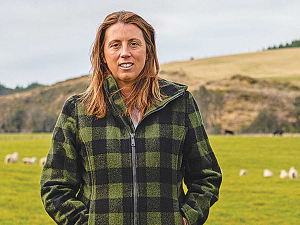“The bulk of farmers are conventional and doing their best for the economy yet all the programmes and media are focussing on the alternative stuff,” Jacqueline Rowarth told Rural News.
Two recent examples were the September 8 Country Calendar programme and the September 12 rural news bulletin on Radio NZ. “We were told [on Radio NZ] that essential oils spread on pasture increase production something like 26% and that they’re curing Psa in kiwifruit in Italy, so why aren’t we using them in New Zealand?”
Rowarth, professor of agribusiness at Waikato University and president of the New Zealand Grassland Association, says the answer’s simple: “Zespri has tested about 500 such alternative products with no consistent positive effect.”
She says the problem is that lay viewers, readers or listeners are left with a negative impression of conventional techniques, and are asking why the whole industry is not adopting the alternatives.
Rowarth raises her concerns in the Grassland Association’s September newsletter.
“There are choices to be made about production systems, but on-going media promotion of ‘natural and organic’ is preventing society from understanding the real issues,” she writes.
Meanwhile a study by Stanford University in the US has re-ignited the organic debate the world over.
Following a review of 237 research papers on organic versus conventional produce, the Stanford work, published this month in the Annals of Internal Medicine, concludes: “The published literature lacks strong evidence that organic foods are significantly more nutritious than conventional foods. Consumption of organic foods may reduce exposure to pesticide residues and antibiotic-resistant bacteria.”
Organic advocates latched onto the latter part of that conclusion, even though the paper also notes residues and bacteria loadings in conventional produce are nearly always within regulated limits.

















